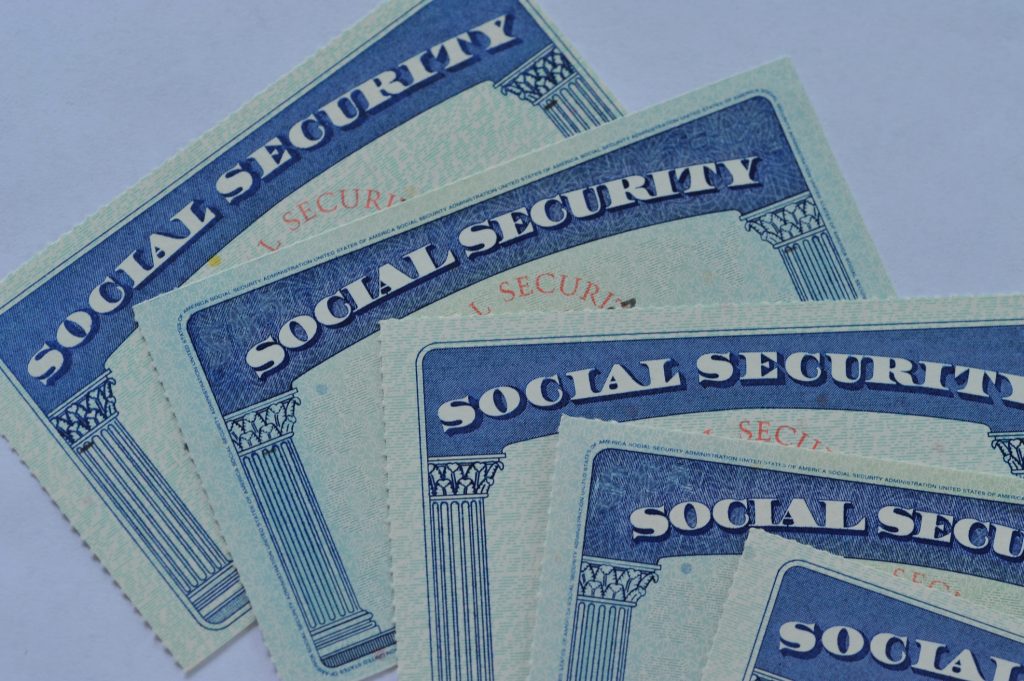
Image source: The Motley Fool/Upsplash
If your credit score is between 670 and 739, it’s considered to be a good score. FICO® Scores between 740 and 800 are very good and anything above 800 is classified as excellent.
Most people know good credit can help with things like getting an affordable mortgage or paying a fair price for auto loans. There are also some surprising perks that you may not be aware of, though.
In fact, here are four unexpected benefits of working hard to earn a great score.
1. Cheaper utility deposits
As the FTC explains, when you apply for utilities, you’re actually applying for credit. That’s because utility companies provide you with a service, like water, gas, or electricity, and then bill you for it at the end of the month.
Because these companies are effectively giving you a loan by providing you with a service you haven’t yet paid for, they are allowed to — and will — check your credit. If your credit score is low, the utility provider is going to have concerns about whether you’re likely to pay your bills. As a result, it’s going to ask for a higher deposit.
If you don’t want to tie up a ton of money in a deposit just to get your gas turned on, it’s worth trying to earn and keep a good score.
2. Cheaper auto insurance
Auto insurers have stats that show drivers with poor credit are at greater risk of making an auto insurance claim. As a result, insurance companies impose a higher premium for borrowers with a troubled credit history.
The difference in your auto insurance costs can be pretty substantial. In fact, according to research by the Zebra, drivers with poor credit pay around 114% more than drivers with exceptional credit scores. That’s a lot of extra money to spend.
3. More negotiating power
If you have good credit, you have many more choices about which lender to borrow money. If companies want your business because they think you are going to be reliable, you will have more negotiating leverage.
If you can walk away from a deal rather than getting stuck going with a subprime lender or a car loan provider that advertises for bad credit borrowers, you’ll end up a lot better off.
4. Better cellphone plan options
Finally, when you open an account for cellphone service, you’re also effectively asking for credit — and that’s true even if you don’t finance your phone. Like utility providers, the phone company is providing you with a service you pay for at the end of the month, so the company wants to be sure you can pay.
If your credit isn’t good, you may not be able to finance a phone or get a post-paid cellphone service plan from every provider. This could leave you paying out-of-pocket for an expensive phone and stuck with a prepaid cellphone which may not offer the same comprehensive data and voice plan as most post-paid companies provide.
For all of these reasons, it’s worth doing what you can to earn a good credit score or even a great one. If you don’t have good credit now, check out our picks for the best secured credit cards today. Almost anyone can get a secured card. Once you’re approved, be sure to pay your bills on time. That will help you to earn a credit history that’s better than most.
Alert: highest cash back card we’ve seen now has 0% intro APR into 2026
This credit card is not just good – it’s so exceptional that our experts use it personally. It features a 0% intro APR for 15 months, a cash back rate of up to 5%, and all somehow for no annual fee!
Click here to read our full review for free and apply in just 2 minutes.
We’re firm believers in the Golden Rule, which is why editorial opinions are ours alone and have not been previously reviewed, approved, or endorsed by included advertisers.
Motley Fool Money does not cover all offers on the market. Editorial content from Motley Fool Money is separate from The Motley Fool editorial content and is created by a different analyst team.The Motley Fool has a disclosure policy.
 fool.com
fool.com benzinga.com
benzinga.com



